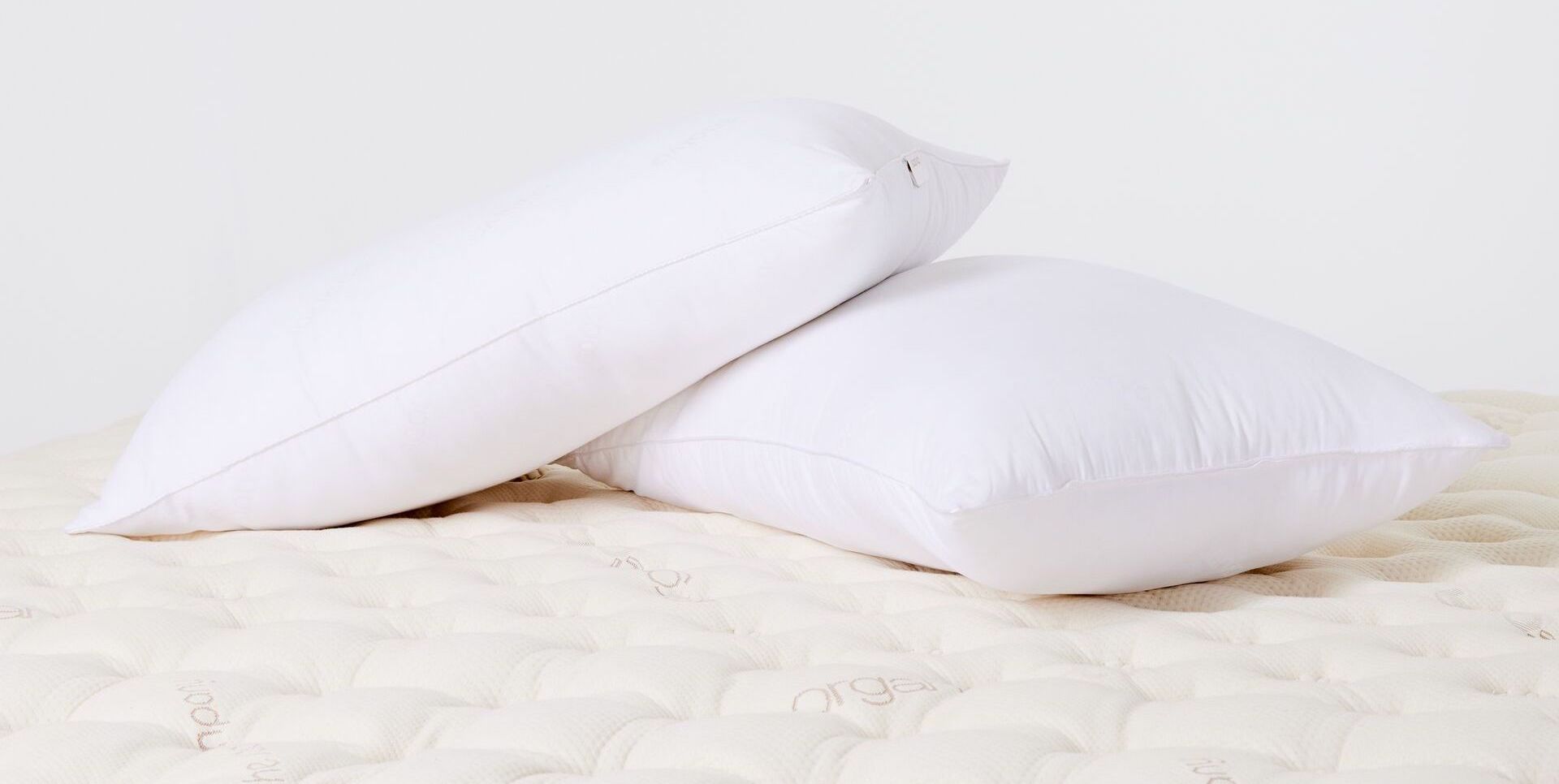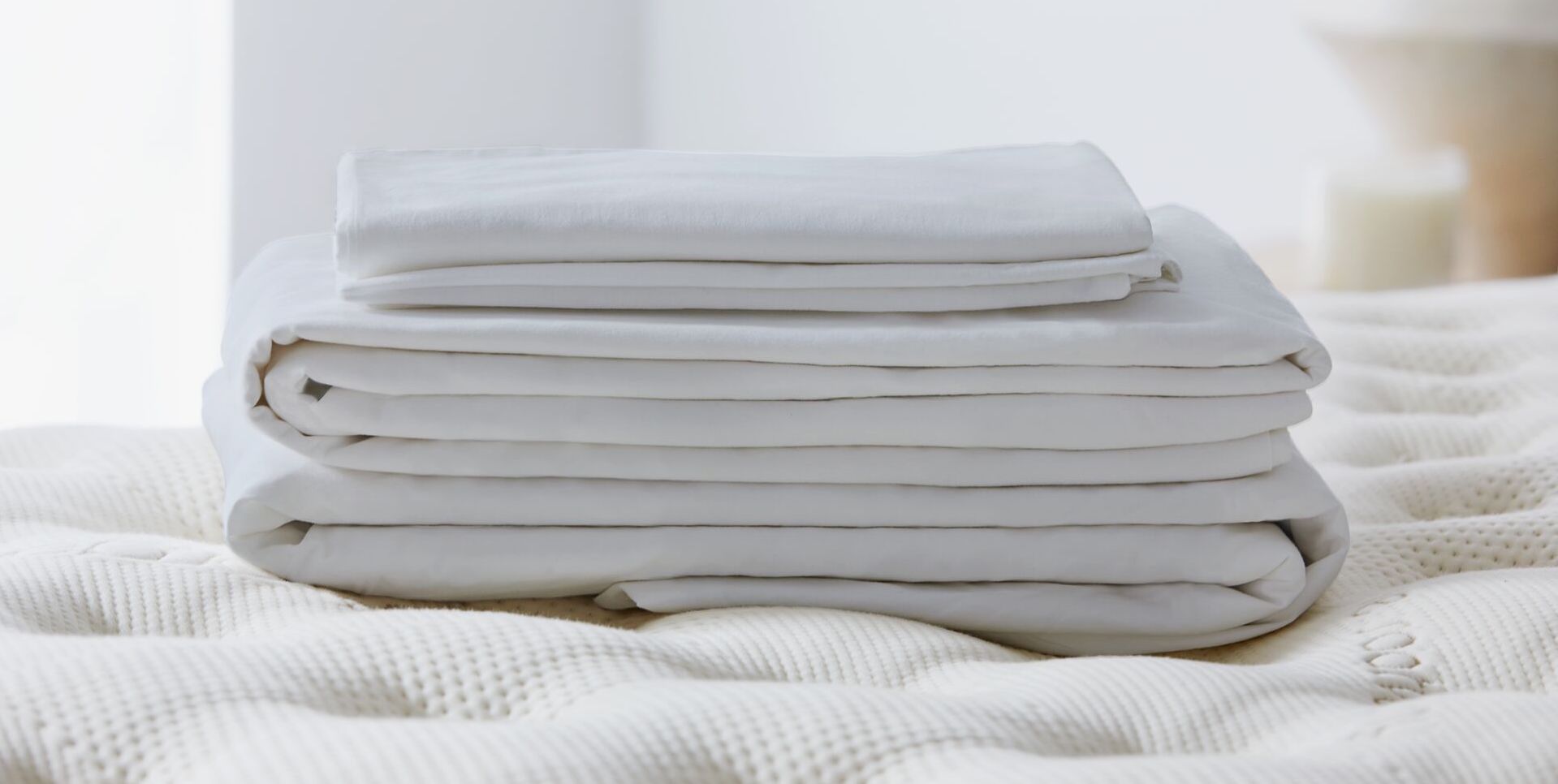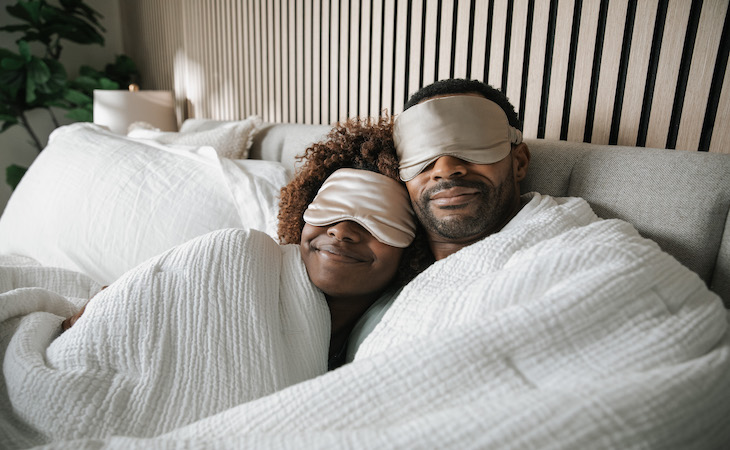Eat well, exercise, and don’t let some jerk break your heart. Oh, and try to get some rest! Whether you’re headed off to college for your freshman year or preparing a loved one to make the leap, it pays to lay the groundwork for a sound night’s sleep.
Why? “Sufficient sleep on a consistent basis is critical for a healthy immune system, healthy weight, memory, concentration, motivation, academic success, and overall well-being,” says Terry Cralle, RN, certified clinical sleep educator.
Sleep and college students
Sleep loss is enough of a problem on campus to have inspired its own field of research. One 2010 study basically equated better sleep and higher grades.
“Being an evening person, sleeping ‘badly,’ getting less sleep, and having inconsistent bedtimes predict a lowered GPA,” the researchers concluded. As for attempting to make up for the loss by sleeping in on Sunday, “that actually worsens the problem,” noted the study authors.
The takeaway? Establish a sleep schedule and stick with it. Of course, that’s easier said than done on campus. Impromptu parties, debates about the future of the world, and pulling all-nighters are all par for the course called College Life.
On top of that, the typical shared college dorm room is a box just big enough to allow each person a miserly 70 square feet—not exactly conducive to catching Z’s.
Check out our College Essentials collection to make any dorm room more conducive to good sleep:
How to set your dorm room up for better sleep
But there are steps you can take to better equip a dorm room for sleeping. Here’s how.
Give your bed a makeover
A dorm room bed may not exactly be the most comfortable, but a mattress topper can help. Mattress toppers come in different materials and degrees of firmness, depending on your preferences, and they can do wonders if an otherwise sound mattress seems saggy or lumpy.
While you’re at it, make sure you have the right pillow—“slightly thinner for back and stomach sleepers, slightly thicker for side sleepers,” says Cralle. You can also spring for a fresh set of sheets. Just make sure they fit the classic college dorm room bed (typically a twin XL). Choose sheets in a breathable material, like long-staple cotton, for a truly no-sweat rest.
Turn down the temperature and the lights
Most people sleep best when the temperature is low (about 65 degrees Fahrenheit) and the room is dark. “Even a little bit of light can negatively impact sleep quality,” says Cralle. “Blackout curtains and even layering curtains can help. A chip clip or hair clip can do double duty in keeping those curtains closed tightly.”
No clips, no problem. Grab a sleep mask, says Hannah Fegley, licensed clinical social worker and counselor in the student assistance program at Johns Hopkins University. She hears so often from sleep-deprived students she has compiled sleep tips based on the research of Johns Hopkins’s resident sleep expert, Rachel Salas, MD. Another easy retrofit: Attach dimmers to task lights so you can turn them down before turning in.
Check out these sleep tips for college students to get their best sleep while away at school.
Keep your phone away from your bed
If you aren’t hooked on soporific podcasts or apps, stash your phone away from the bed—maybe in the closet.
Paige Rechtman, a licensed psychotherapist with a private practice in New York City, bemoans what she calls the smartphone-sleep epidemic. “It’s so addicting to reach for your phone when you go to bed,” she says. You think a little downtime with your phone will help you unwind, but all that scrolling by blue light, especially when it involves social media, “activates the brain when you should be getting in a good state for sleeping.”
Rechtman advises her patients, many of them young professionals, to put apps on timers. And instead of staring at a screen while you’re in bed, lie back and picture something you’d like to dream about.
Convert your nightstand into a sleep command center
The right reading material can help you sleep, so top your nightstand with an old-fashioned book, perhaps with exhaustingly small type. Fegley also likes books on tape, noting that you can use the library’s free app to download them. “Short stories are contained,” she adds, and thus better at bedtime than, say, a 500-page bodice ripper.
A planner by the bedside can be helpful too, says Fegley, who organizes an annual “Stay Ahead of the Stress Fest” for grad students, many with to-do list anxiety. “Set your intentions for the next day, make this part of the evening routine,” she says. For those who wake at 3 a.m. in a panic, she recommends keeping a journal close at hand, so you can write down any worries, close the thing, and go back to sleep.
Hopefully, there’s still room on that nightstand for some lavender pillow spray. Cralle points to a 2006 study that found lavender helpful for female college students fighting insomnia (and depression).
Declutter like a pro
It doesn’t cost a penny to corral the clutter that can stand in the way of relaxation. Think of it as clearing a path to productivity as well.
Students who live with clutter tend to procrastinate and may be setting themselves up for a lifetime of delayed decision-making, according to research presented at the 10th Biennial Meeting on the Study of Procrastination (yes, this was an actual event). Once you’ve tamed the clutter, add cushy pillows in soothing blues and a leafy plant or two to create a serene scene.
Fight noise with white noise
“Our brains continue to process sounds during sleep, so a good night’s sleep hinges on a quiet environment—which is easier said than done in a college dorm,” says Cralle. Luckily, an old-fashioned white noise machine can help. Or you can download a white noise app and place your phone between you and the source of that racket.
Earplugs and sound-blocking headphones can be a remedy for some, but before you resort to them, keep in mind that you do need to hear some things—smoke alarms, for example.
When all else fails, reach out to someone at your school
Don’t be shy about asking your school for the latest sleep assistance package. Along with coping mechanisms to help you deal with noise, light, and clueless roommates, some schools offer free subscriptions to apps that lull you to sleep—like Calm, normally $70 a year but free, Fegley says, to any student with a Johns Hopkins email address.
Next, here’s how to choose a mini fridge for your dorm room.







